Afghan Refugees: The International Reception
Special envoys from the US, Russia, and China are meeting in Pakistan this week to discuss the developing crisis in Afghanistan, which this August was overrun by the Taliban once again. A topic for the meeting; the Afghan refugees.
Following the resurgence of the Taliban in Afghanistan, both diplomatic and humanitarian issues have arisen for the international community to address, namely Afghan refugees. Many thousands of Afghans worked with coalition forces and the Afghan government following the US-Coalition invasion during the 2000s. Now that the US-backed government has collapsed and the Taliban have regained control in the region, many who worked with the United States now seek to leave Afghanistan in fear for their lives and their families’ lives. In addition, many women who gained rights following the fall of the Taliban do not wish to see them be taken away, and are fleeing the country in fear of harsh restrictions. These two groups are feeling Afghanistan for the United States and other allied countries. How are these countries responding?
Inside the United States, refugees and their families are meeting positive responses from the public and American Government. Currently, the majority of refugees are being housed on military bases across the country. As they leave the bases to integrate into American culture and society, they face both warm welcomes and challenges. Stories out of schools across the country highlight the kindness and welcoming of students to their new peers, many of whom came with only base-level knowledge of English. Their parents are experiencing many of the same welcomes, although the majority of Afghan refugees are experiencing difficulty finding work. Roadblocks such as changing addresses and lack of prior working documents are inhibiting many from being able to apply to jobs in the US. However, they are not going unhelped. Many passionate Americans, especially US veterans and active-duty members, are lending hands to the refugees who once worked beside them. Overall migration into the United States by Afghans, however, is inhibited by its strict laws. Special immigration visas, which cover Afghans who worked on behalf of the US government, have increased by 8,000 since this July. This is not enough to help all of the immigrants seeking a place in the US, but the progress has been appreciated by the American public and refugees.
Internationally, the immigration of Afghan refugees has seen mixed results. Thousands of refugees have made their way to Iran, a geographical neighbor of Afghanistan. Iran had a large Afghan immigrant population before the fall of the Afghan government’s collapse, and the massive influx of refugees overwhelmed existing systems. Many European officials believe refugees will start to make their way to Europe soon and are preparing as best they can for the surge. Already, refugees are arriving in Greece and Italy, whose citizens are exhibiting some hostility. Europe has been through numerous refugee crises in the past 20 years, and many do not wish for another on top of the continuing coronavirus pandemic. The response by Europe and neighbors such as Iran has left many refugees in dangerous or unsafe conditions, without confidence in the international community’s ability to respond to their needs.
As all refugees do, the Afghans fleeing the crisis in their country today are facing adversity in finding new lives. Both in the US and internationally, their reception is a topic of great debate. Following this week’s meeting, activists and humanitarians both here in the US and across the world hope for a more cohesive response to the arrival of these refugees


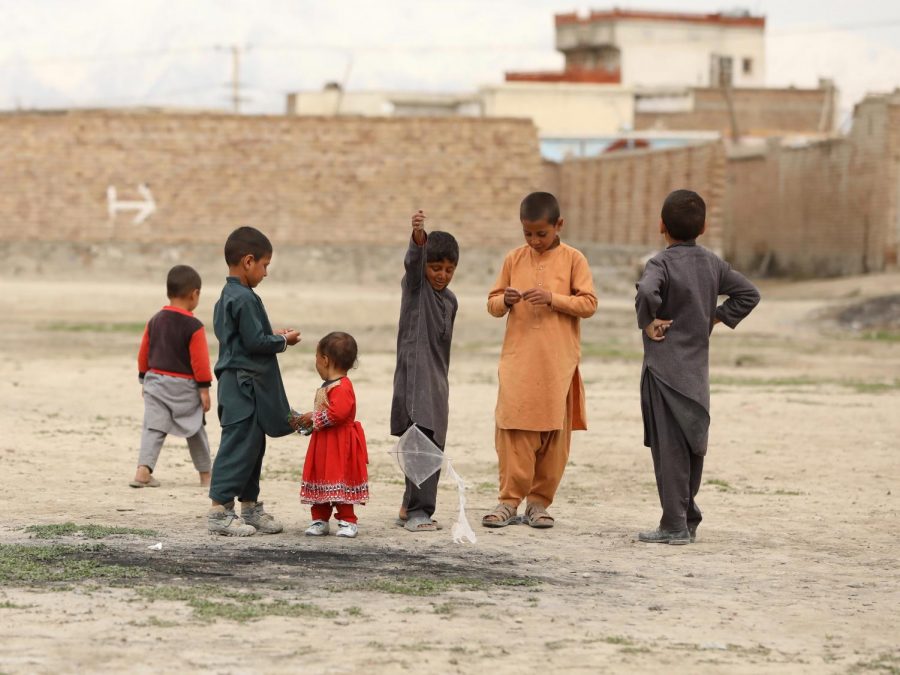

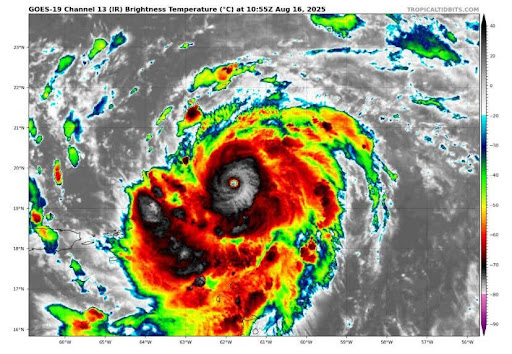
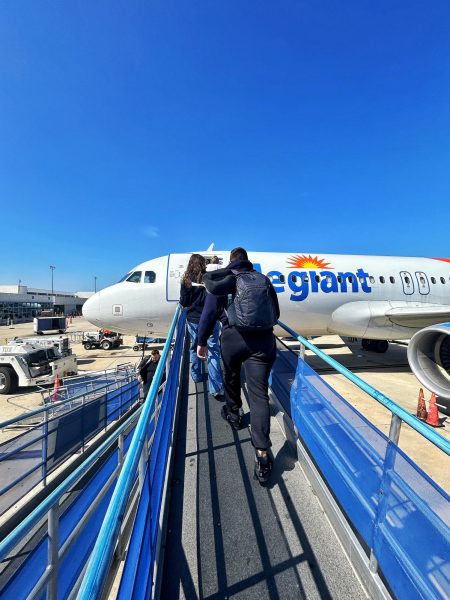


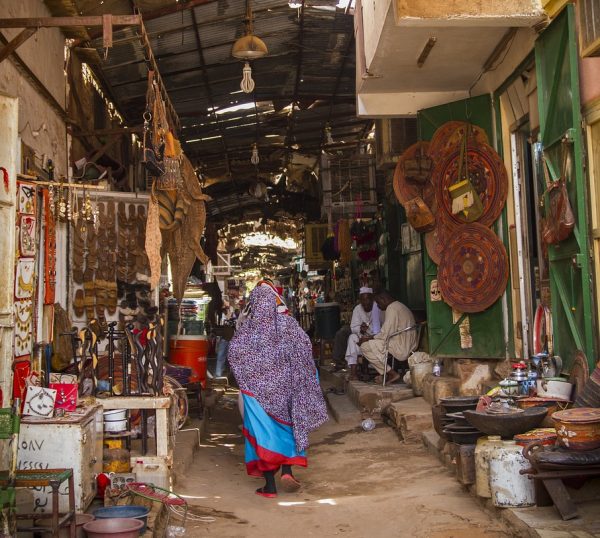

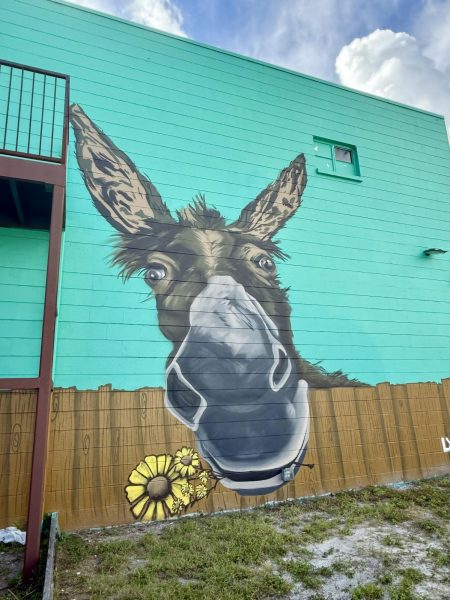

Ashlie Flanigan • Dec 3, 2021 at 4:40 pm
Well done, Travis!